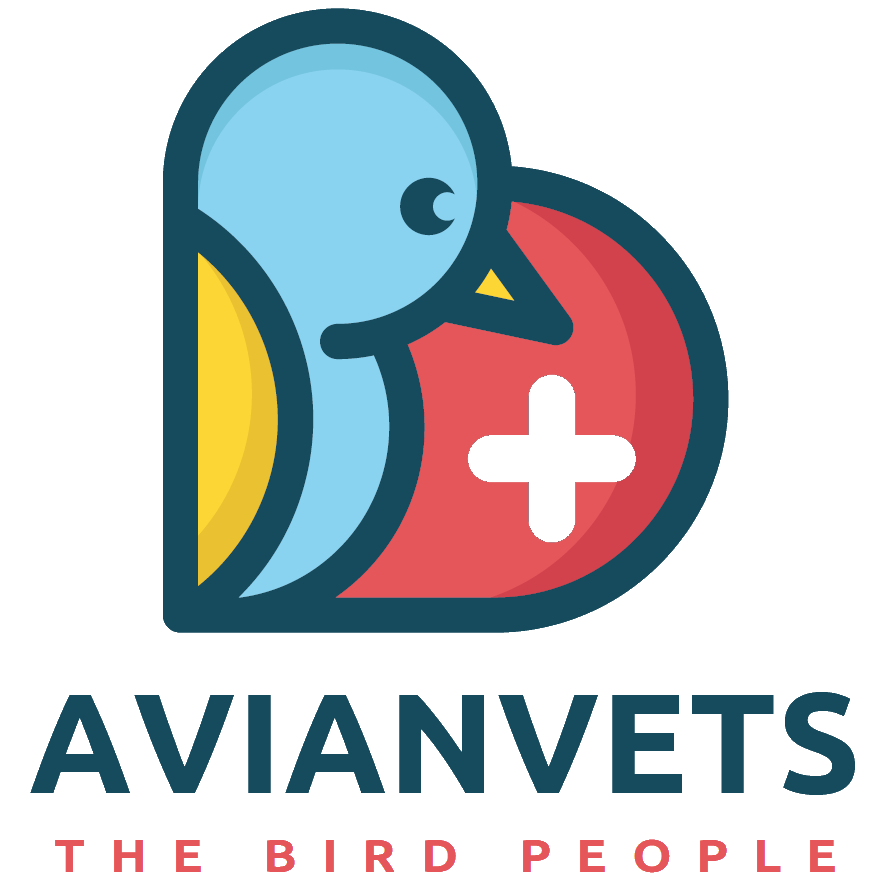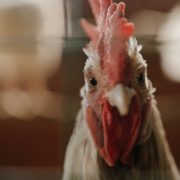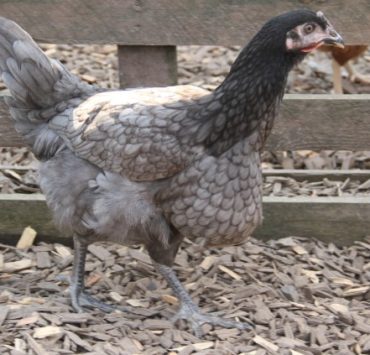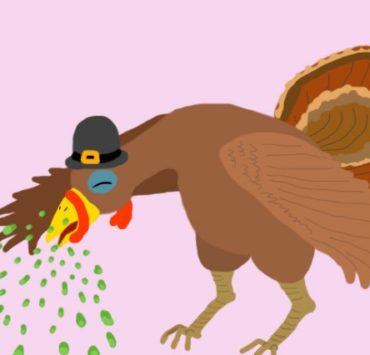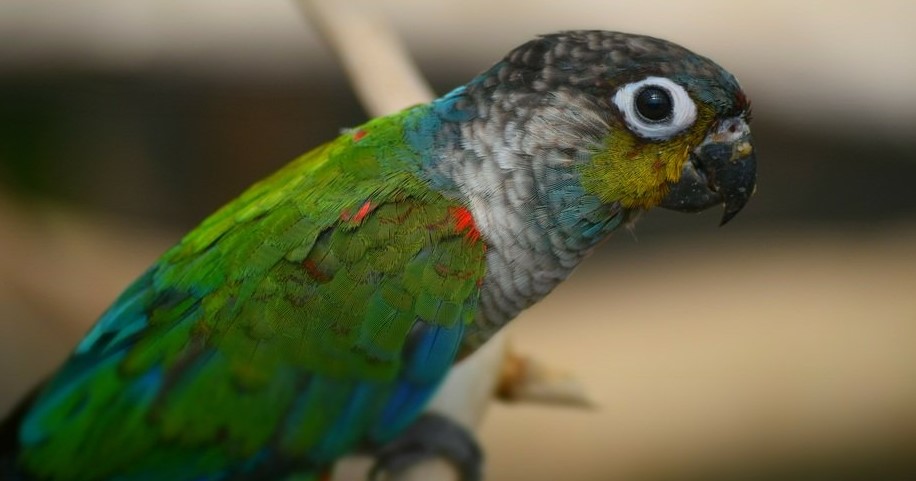
Not many bird diseases instill the same level of fear in the hearts of bird owners quite the same way that Psittacosis does. Also known as parrot fever, this avian condition affects more than 400 bird species globally.
What makes it so dangerous is the fact that it’s not only highly contagious among birds, but it can spread to humans as well. What’s even more alarming is – it kills one in every two birds it infects. Now, that’s a scary statistic if you think about it.
What is Psittacosis, and what causes it? Does it have a cure? This article explores everything you need to know about the disease.
What Is Psittacosis?
Psittacosis in birds is a disease caused by Chlamydia psittaci – a bacterium that enters, multiplies, and actively attacks the cells of the infected bird. It mainly targets the tissues in the bird’s respiratory and digestive system, although it can attack any other part of the body.
There’s no limit to its destructive capabilities. It all depends on how the bacteria get into the body.
If an infected bird sheds Chlamydia psittaci in their poop, mucus, saliva, nasal discharge, or even feather dust, a healthy bird may end up inhaling the bacteria through airborne particles or ingesting it from contaminated food or water.
Even blood-sucking parasites like mites can spread Chlamydia psittaci among birds. The fact that it has so many different modes of transmission is partly what makes it so contagious.
Even being in a poorly ventilated room with an infected bird can cause your pet bird to get it. An infected mother bird can also transmit the bacteria to her brood before and/or after they hatch.
Psittacosis Symptoms
Infected birds can go for prolonged periods without showing any symptoms. The bacteria lay dormant inside the bird until they’re stressed.
Stress can be brought about by various factors like living in crowded conditions, changing their diet, or fighting off another infection that weakens their immune system leaving them vulnerable. That’s when they exhibit signs of infection.
Although these may vary widely depending on the bird species in question and how the infection occurred, most birds generally exhibit various combinations of the following symptoms.
- Depression
- Diarrhea
- Discharge from the eyes and nasal area
- Excessive urination
- Fever
- Fluffed up feathers
- Labored breathing
- Loss of appetite
- Reduced vocalization
- Trembling, seizures, and head twisting, although rare
- Watery, crusty, and swollen eyes
- Weakness and lethargy
- Weight loss
- Yellow or green poop
Unlike carriers of the bacteria, birds that come into contact with other infected birds or items (acute exposure) will usually show signs of illness within a three-day window.
Psittacosis Diagnosis
The symptoms of Psittacosis in parrots and cockatiels are quite similar to those of other bird diseases. Therefore, an avian vet may rely on blood tests and X-rays to give a positive Psittacosis diagnosis.
They may also carry out special tests like measuring the antibody levels present in the blood and swabbing the bird’s eyes, mouth, and vent to check for the presence of Chlamydia psittaci.
Psittacosis Treatment
Since bacteria cause the disease, treatment of infected birds involves administering antibiotics to cure them. Tetracyclines (Doxycycline, Oxytetracycline, or Chlortetracycline) are the most widely used antibiotics for treating Psittacosis.
Although the drugs may not eliminate the Chlamydia psittaci from the body, it may leave the bird a seemingly healthy carrier. This means there’s always a chance the bird could relapse again under stress.
Most avian vets prescribe Tetracyclines for 45-55 days to reduce this risk. If the antibiotic is administered by mouth, the intake of calcium has to be drastically reduced since it does interfere with the absorption of the drug.
In severe cases, a veterinarian may also prescribe additional treatments, heat therapy, and certain fluids to help alleviate the symptoms.
Doxycycline, in particular, is the drug of choice for many vets in the treatment of parrot and cockatiel psittacosis since it has less affinity for calcium, a longer half-life, and better tissue distribution. It is also better absorbed in the body compared to other Tetracyclines.
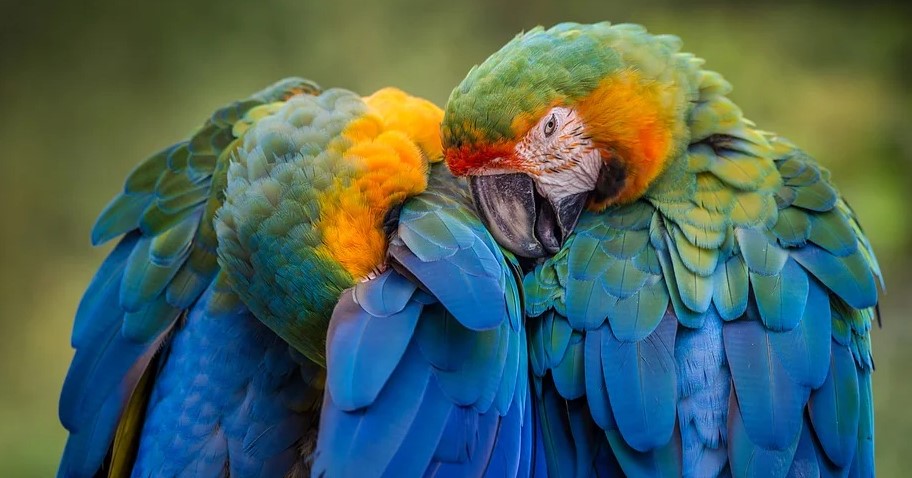
How to Protect Your Bird From Psittacosis
Hygiene plays an important role in preventing the disease from spreading. If you attend a bird show, for instance, ensure that you wash your hands thoroughly between handling different birds and before handling yours.
Any items you get for your feathery friend need to be disinfected. These include cages, toys, feeding containers, and anything else you plan to introduce to your bird.
If you intend to adopt or purchase a new pet bird, ensure that you quarantine them before introducing them to the ones already in your home. This will give you ample time to monitor and look out for any visible symptoms of Psittacosis.
During the quarantine period, be sure to practice good hygiene to prevent cross-contamination. This includes wearing a mask and disposable gloves when handling the bird.
Keep in mind that Chlamydia psittaci is resistant to acids and alkali, so using saline or acidic solution to clean potentially contaminated surfaces won’t kill off the bacteria. However, it is destroyed when exposed to temperatures of 132°F (56°C) for at least five minutes. Most disinfectants (70% alcohol, 1:1000 bleach solution, 1:1000 ammonium chloride, etc.) are also quite effective in killing the bacteria.
There’s Light at the End of the Tunnel
Despite the 50 percent mortality rate seen in birds diagnosed with Psittacosis, the good news is that most birds make a full recovery after treatment if caught early on.
Keep in mind that although treatment may improve the overall health of the infected bird, it may remain a carrier of the bacteria. There’s always a chance of the bird relapsing under stress and infecting other birds in the process.
The best thing to do would be to ensure that your birds live in a non-stressful environment. Feed them a well-balanced diet to boost their immunity and uphold good hygiene practices to reduce their chances of getting sick from Psittacosis or any other opportunistic infections that could leave them vulnerable. If your bird looks ill, isolate them, and get in touch with a vet as soon as possible.
For more information on bird health, use our online Vet Chat to talk to any of our qualified avian veterinarians today.
